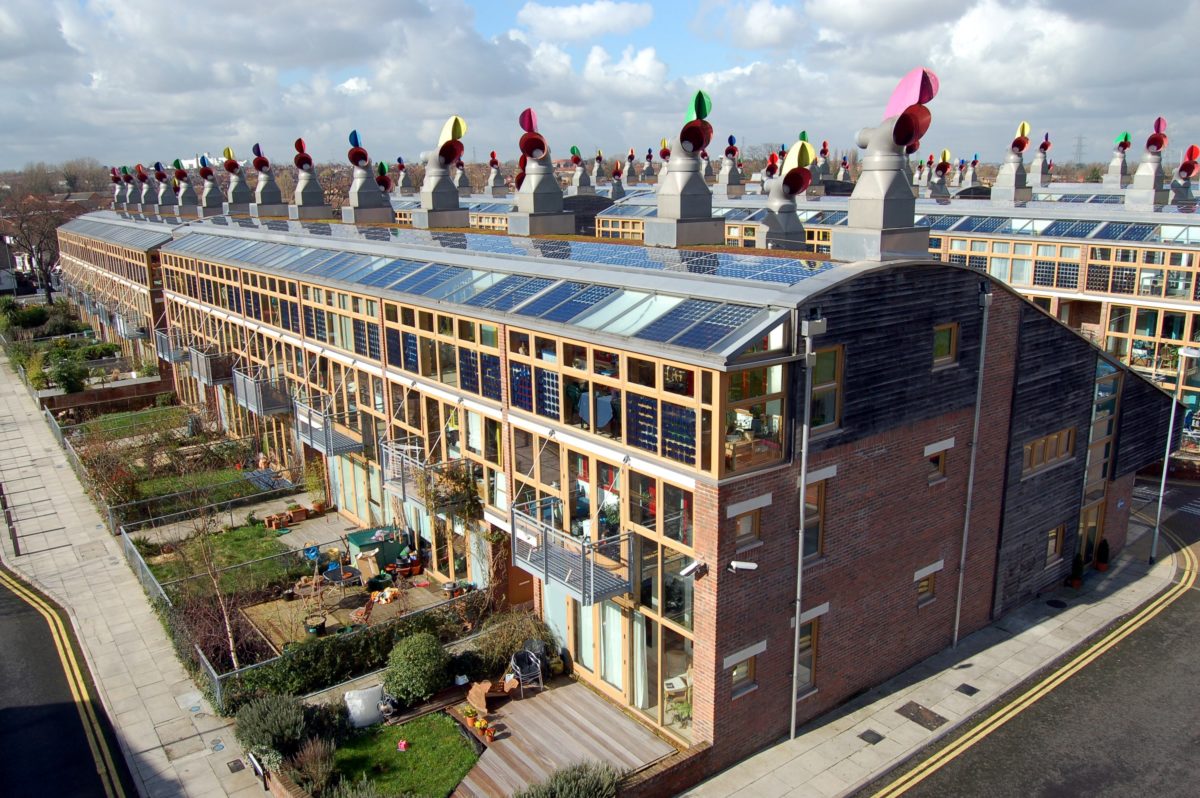The U.K. solar industry has responded to the government's recent proposal to end FITs and export tariffs in a letter to Energy Minister, Claire Perry, asking her to confirm their continuation from next April.
The letter was initiated by the Solar Trade Association (STA), and signed by over 200 organizations across the industry, representing smart technologies, innovative suppliers, academics, major NGOs, farmers, landlords, and homeowners.
STA Chief Executive Chris Hewett said, “The latest Government proposals for solar power are creating shockwaves well beyond the solar industry. Nobody can fathom how Government can contemplate leaving households and small organizations as the only generators left unpaid for the valuable power they put into the electricity network. We are asking the Energy Minister to act quickly and promise to maintain the export tariff & to uphold the basic rights of a market.”
The export tariff system works alongside FITs to ensure that small scale generators, like prosumers, are competing on a level playing field and get adequately compensated for the power they feed into the grid.
While the scheme benefits small-scale producers, support for it also comes from major suppliers, like Eon and Ovo Energy, which have voiced their rejection of the government's intended phasing out of the tariffs scheme, by signing the STA letter.
The announcement made by STA, highlighted a survey conducted by Client Earth, whereby over 60% of U.K. homes want to install solar plus storage solutions.
Popular content
James Watson, Chief Executive of SolarPower Europe, said, “We are astonished that the UK could propose ending payments to householders for their clean power just as Europe moves to secure the rights of all its citizens to fair payment. Such poor treatment of British small-scale energy consumers will harm public engagement in solar, at a time when we need to increase the uptake of clean energies, and will put the UK public at a huge disadvantage compared to other EU countries.”
Reportedly, the proposal to remove the tariffs scheme comes amidst an eight-year low in solar PV deployment, as installations in the U.K. have dropped by 95% in 2018, compared to 2015. Indeed, since the government introduced solar PV feed-in tariffs in the U.K. in 2010, installed capacity of renewables went from 9.3 GW at the end of 2010, to 38.9 GW by the end of 2017, the majority of which was installed before 2015. Of this, solar accounts for around 12.9 GW.
Leo Murray, Director of Strategy at 10:10 Climate Action said, “The Feed-in Tariff has been the most popular and successful British climate change policy ever implemented, empowering hundreds of thousands of citizens and communities to help tackle the defining challenge of our time. Scrapping it with no form of replacement doesn’t just mean locking the public out of the renewables revolution, it risks derailing it altogether.”
“Let’s be clear, we are not asking for subsidy. We are asking for fair treatment for the everyday people and businesses who want to invest in clean power to do something really meaningful to help tackle climate change. The government must support their efforts,” Hewett said.
This content is protected by copyright and may not be reused. If you want to cooperate with us and would like to reuse some of our content, please contact: editors@pv-magazine.com.



1 comment
By submitting this form you agree to pv magazine using your data for the purposes of publishing your comment.
Your personal data will only be disclosed or otherwise transmitted to third parties for the purposes of spam filtering or if this is necessary for technical maintenance of the website. Any other transfer to third parties will not take place unless this is justified on the basis of applicable data protection regulations or if pv magazine is legally obliged to do so.
You may revoke this consent at any time with effect for the future, in which case your personal data will be deleted immediately. Otherwise, your data will be deleted if pv magazine has processed your request or the purpose of data storage is fulfilled.
Further information on data privacy can be found in our Data Protection Policy.